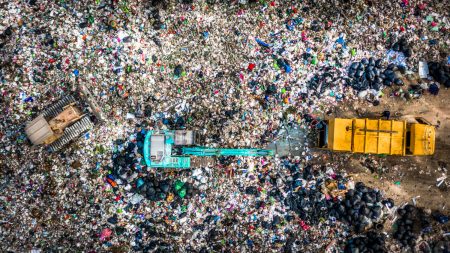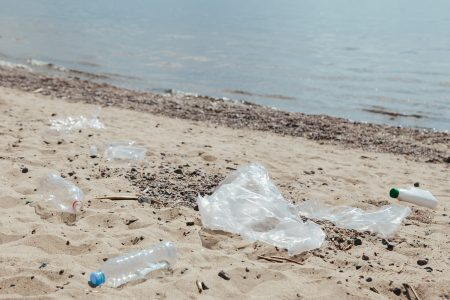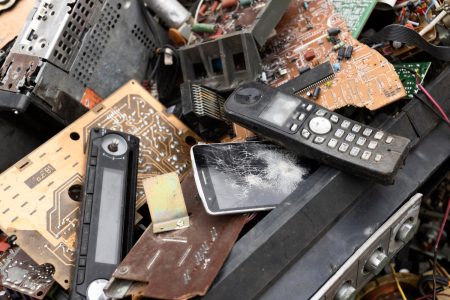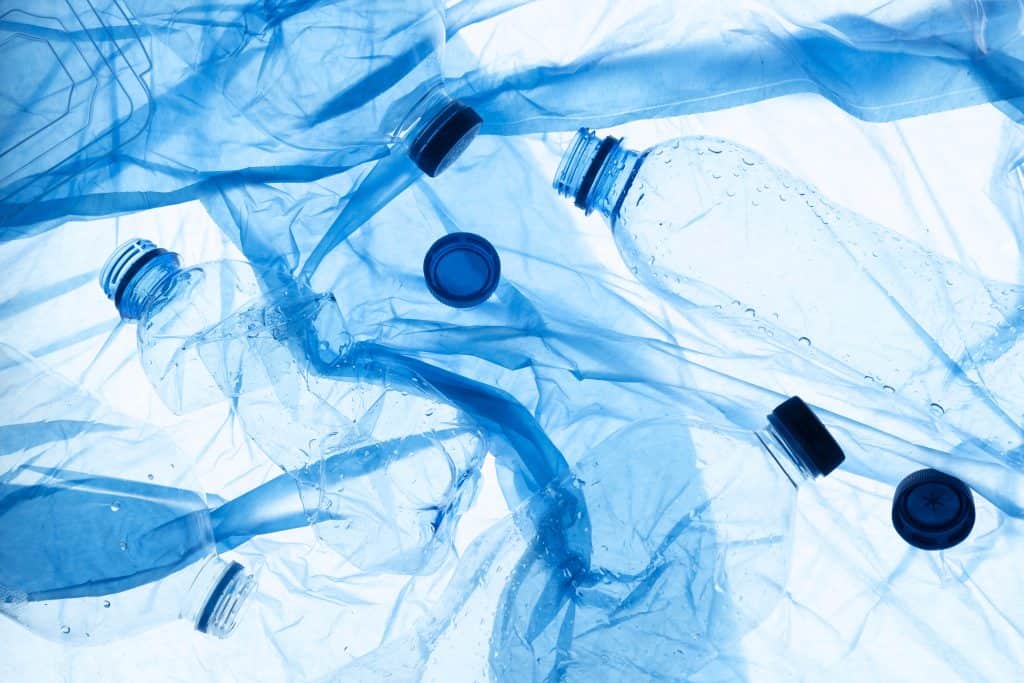
In this article, we will be having a detailed discussion on recycling and whether or not it helps reduce plastic pollution. We will talk about the reasons behind recycling being not as effective as people claim in terms of solving the plastic crisis, and wrap it up with some sustainable measures that need to be taken to address this issue.
Let’s get started!
Recycling, defined as the process of collecting and reprocessing waste materials to create new products, has long been celebrated as an effective solution for plastic pollution. However, it’s essential to recognize that while recycling plays a crucial part in reducing the volume of plastic waste ending up in landfills and oceans, it’s not the only remedy. Often, an overemphasis on recycling as a solution to our global pollution problem diverts attention from the root issue – the urgent need to control plastic production.
I am sure that a lot of you grew up thinking that recycling is great for reducing plastic pollution and while nobody can deny this entirely, it is high time we have a look at this issue with a new perspective and understand the ‘other side’ which shows that recycling is not always the perfect solution.
Not All Plastics Are Created Equal
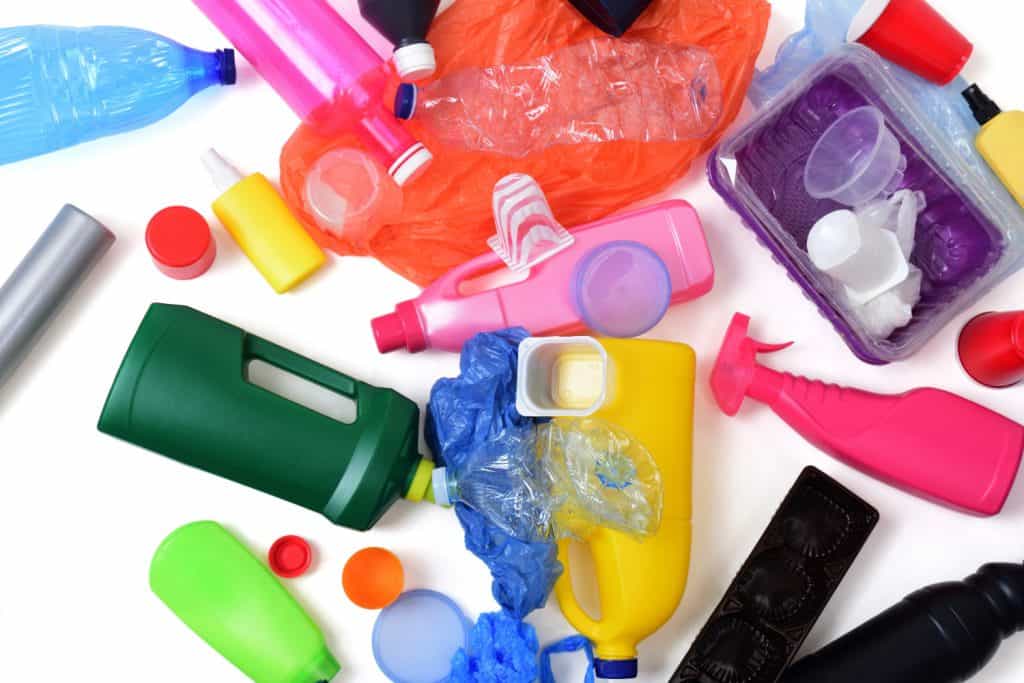
First and foremost, it’s important to understand that not all plastics are the same. Various types of plastics possess distinct properties. While some, like PET and HDPE, can be easily recycled, others, such as PVC and polystyrene, pose significant recycling challenges and frequently find their way into landfills and oceans.
Secondly, it is important to keep in mind that recycling processes require plastics to be clean and free from contaminants. However, in practice, many plastic items are contaminated with food residue, dirt, or other substances, and this makes them unsuitable for recycling. Therefore, these contaminated plastics inevitably end up in landfills and contribute to plastic pollution.
Recycling is also never the complete solution because it primarily addresses the end-of-life stage of plastic products, while the production and consumption phases also contribute to the plastic problem.
Dr. Therese Karlsson, a science adviser at the International Pollutants Elimination Network (IPEN), also challenges the idea that recycling is the best solution to the plastic pollution crisis.
According to Karlsson, plastic production involves the use of hazardous chemicals that persist even when plastics are recycled. Scientific evidence indicates that recycling plastics can be hazardous, posing risks to both our health and the environment throughout the recycling process. In essence, plastics contaminate not only our bodies and the circular economy but also our air, water, and food. The recycling of plastics containing toxic chemicals should be avoided. To truly address the plastic crisis, we need global regulations on chemicals used in plastics and substantial reductions in plastic production.
Based on this saying, one thing is certain, in order to effectively address the plastic pollution crisis, a more holistic approach is necessary.
Here are a few practices that can help you as an individual play your role in ensuring that the plastic crises the world is currently facing is reduced.
1. Become a responsible consumer
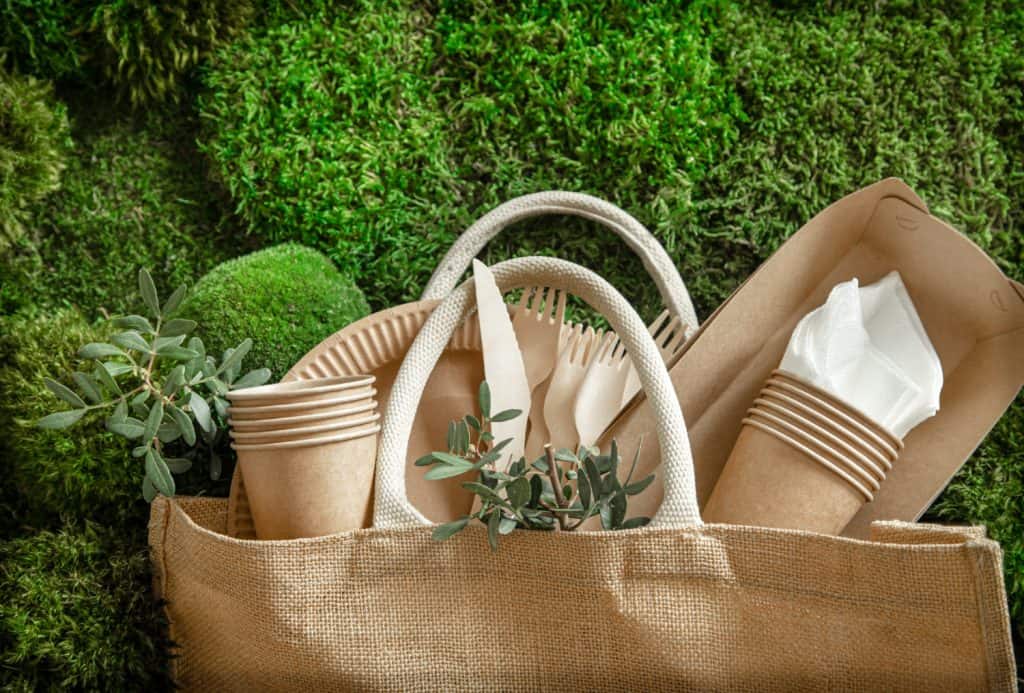
- Eco-Friendly Packaging: Prioritise buying products that come with eco-friendly packaging materials. By making this choice, you contribute to the reduction of excessive plastic packaging, minimising its adverse environmental effects. Also, whenever possible, choose bulk purchasing because this practice also reduces the need for excessive packaging.
- Mindful Personal Care: When shopping for personal care products, remain vigilant. Avoid items containing microbeads, which are tiny plastic particles commonly used in exfoliants. Although the Microbead-Free Waters Act was established in 2015 to prohibit the production and distribution of cosmetics and toothpaste with plastic microbeads, some of these products still exist in stores. Utilise resources like Beatthemicrobead.org to identify products with microbeads. If you must purchase personal care items in plastic bottles, opt for larger containers to reduce plastic waste. A more sustainable choice is to use bar soap instead of body wash or shower gel.
- Bring Reusable Containers and Bags: Make it a habit to bring your own reusable containers and shopping bags when you head to the store. You can even get those super cool tote bags that are also trending right now. This not only reduces the demand for single-use plastics but also encourages responsible shopping practices.
- Eco-Friendly Food Storage: Ditch plastic bags for storing refrigerated produce. Instead, use towels or cloth to maintain freshness without contributing to plastic waste. Opt for glass or steel food containers when storing leftovers, eliminating the need for plastic alternatives. Preparing meals at home whenever feasible is another sustainable choice that significantly reduces reliance on plastic takeout containers. By adopting these practices, you contribute to a more environmentally friendly approach to food consumption.
2. Advocate for Eco-Friendly Policies
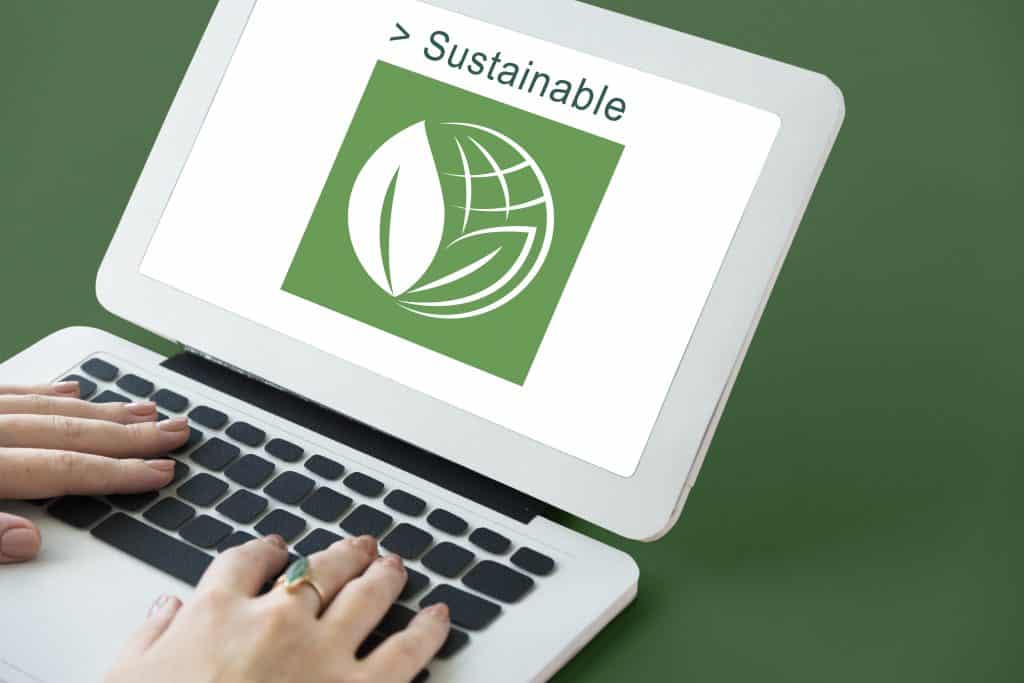
Supporting policies and regulations that foster sustainability is just as important as ensuring that you use as little plastic as you possibly can. Measures such as plastic bag bans, extended producer responsibility, and levies on single-use plastics can be instrumental in curbing plastic waste, and so whenever you find an opportunity, make use of it and try your best to promote these sustainable practices and policies.
3. Create Awareness

Use the power of your words to raise awareness, help people around you understand just how bad the crisis is and how it can negatively impact our planet and how it is already creating irreversible damages. Thanks to social media, it is so easy to spread knowledge and information, you just need to utilise this privilege well.
So, these were a few easy ways in which you can play your role in contributing to a more sustainable planet.
This brings our article to an end. We hope you found it to be informative.
Good luck with all your sustainable endeavours!
